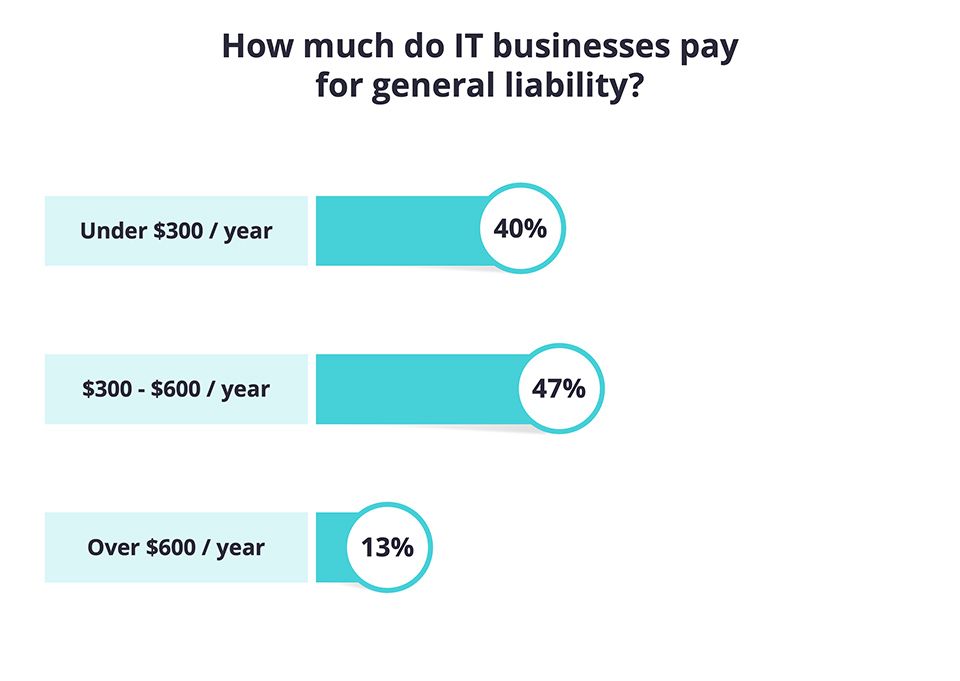Whole life and universal life insurance coverage are both thought about irreversible policies. That means they're created to last your whole life and will not expire after a particular period of time as long as needed premiums are paid. They both have the prospective to accumulate money value in time that you may be able to obtain versus tax-free, for any reason. Due to the fact that of this feature, premiums may be greater than term insurance. Entire life insurance coverage policies have a fixed premium, implying you pay the very same amount each and every year for your coverage. Just like universal life insurance, whole life has the possible to accumulate cash worth gradually, producing a quantity that you may have the ability to obtain against.
Depending upon your policy's possible money value, it might be used to avoid an exceptional payment, or be left alone with the possible to collect worth with time. Prospective development in a universal life policy will vary based upon the specifics of your private policy, as well as other elements. When you buy a policy, the providing insurance provider establishes a minimum interest crediting rate as detailed in your agreement. Nevertheless, if the insurance company's portfolio earns more than the minimum rates of interest, the company may credit the excess interest to your policy. This is why universal life policies have the possible to make more than a whole life policy some years, while in others they can make less.
Here's how: Because there is a money worth element, you may be able to avoid superior payments as long as the cash value suffices to cover your needed expenditures for that month Some policies may allow you to increase or decrease the survivor benefit to match your specific scenarios ** In a lot of cases you may obtain versus the cash worth that may have accumulated in the policy The interest that you might have made with time collects tax-deferred Whole life policies offer you a fixed level premium that will not increase, the prospective to build up money value over time, and a fixed death advantage for the life of the policy.
As a result, universal life insurance coverage premiums are normally lower throughout periods of high interest rates than entire life insurance premiums, frequently for the same quantity of protection. Another key distinction would be how the interest is paid. While the interest paid on universal life insurance coverage is frequently adjusted monthly, interest on a whole life insurance policy is typically changed each year. This might suggest that throughout durations of rising rate of interest, universal life insurance policy holders may see their cash worths increase at a quick rate compared to those in entire life insurance policies. Some people may choose the set survivor benefit, level premiums, and the capacity for development of a whole life policy.
Although entire and universal life policies have their own special functions and advantages, they both concentrate on offering your loved ones with the cash they'll require when you die. By working with a certified life insurance coverage representative or business representative, you'll have the ability to choose the policy that best meets your individual requirements, spending plan, and monetary goals. You can likewise get atotally free online term life quote now. * Supplied required premium payments are prompt made. ** Boosts may go through additional underwriting. WEB.1468 (How to get health insurance). 05.15.
Facts About What Is A Premium In Insurance Revealed

You don't need to guess if you need to enlist in a universal life policy since here you can discover everything about universal life insurance coverage advantages and disadvantages. It's like getting a sneak peek before you buy so you can choose if it's the right type of life insurance for you. Read on to learn the ups and downs of how universal life premium payments, cash value, and death advantage works. Universal life is an adjustable type of long-term life insurance coverage that enables you to make modifications to 2 primary parts of the policy: the premium and the death benefit, which in turn impacts the policy's money worth.
Below are a few of the general benefits and drawbacks of universal life insurance coverage. Pros Cons Designed to offer more versatility than whole life Does not have the ensured level premium that's readily available with whole life Cash value grows at a variable rate of interest, which could yield higher returns Variable rates also indicate that the interest on the cash worth might be low More opportunity to increase the policy's money value A policy generally requires to have a positive money value to remain active Among the most attractive features of universal life insurance coverage is the ability to choose when and just how much premium you pay, as long as payments fulfill the minimum amount required to keep the policy active and the IRS life insurance coverage standards on the maximum amount of excess premium payments you can make (How to cancel geico insurance).
However with this flexibility also comes some downsides. Let's review universal life insurance advantages and disadvantages when it comes to altering how you pay premiums. Unlike other kinds of long-term life policies, universal life can change to fit your financial needs when your money flow is up or when your budget is tight. You can: Pay greater premiums more frequently than required Pay less premiums less frequently and even skip payments Pay premiums out-of-pocket or use the money value to pay premiums Paying the minimum premium, less than the target premium, or avoiding payments will negatively affect the policy's cash worth.